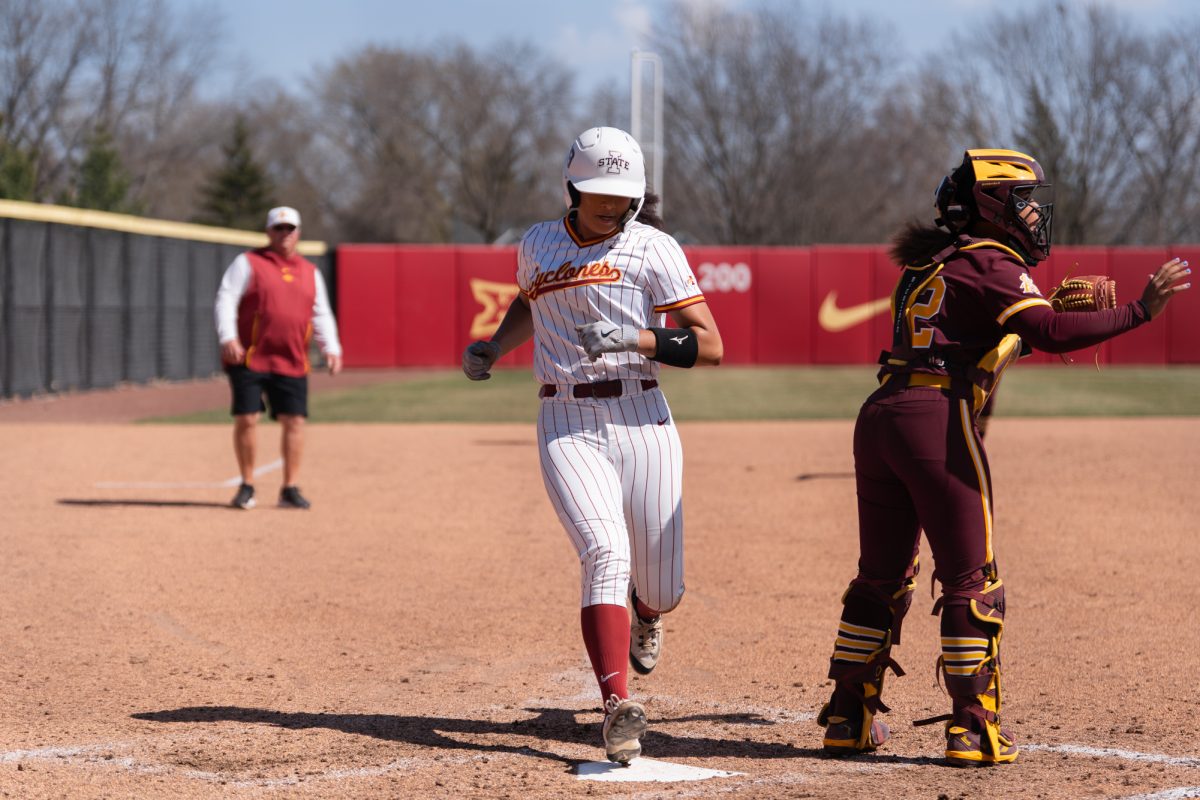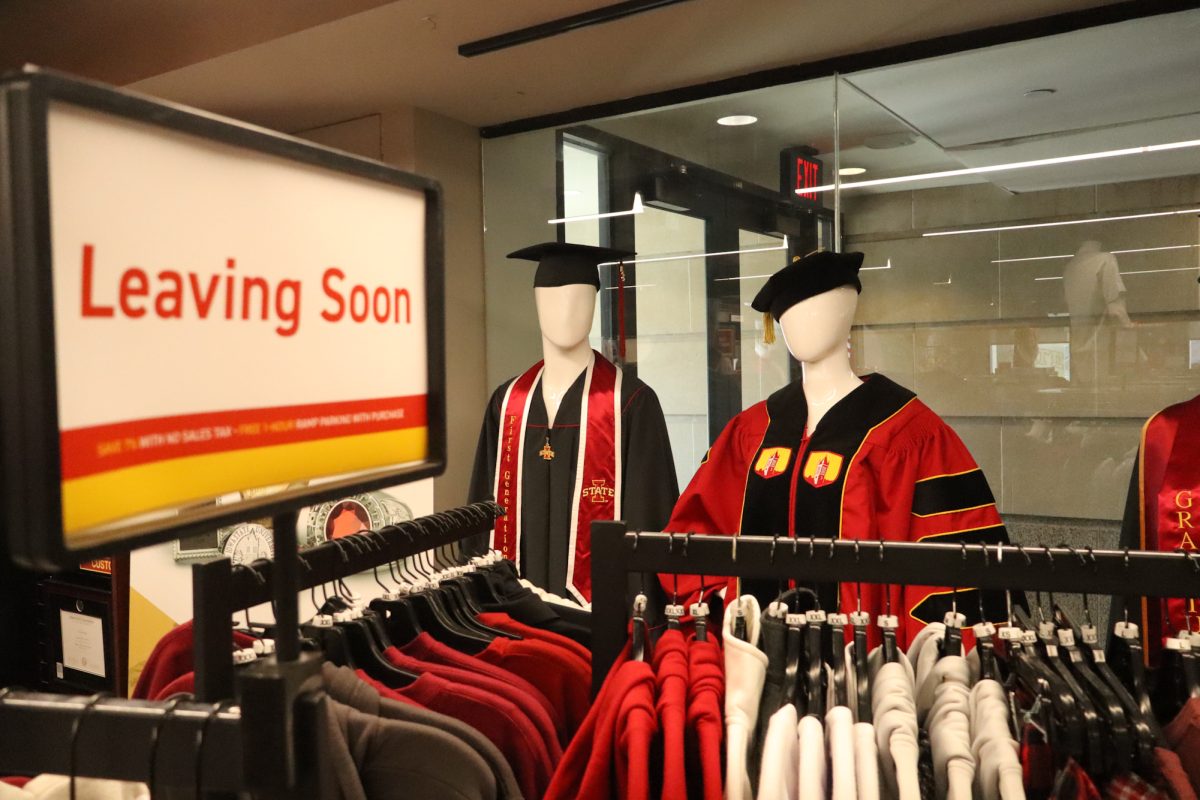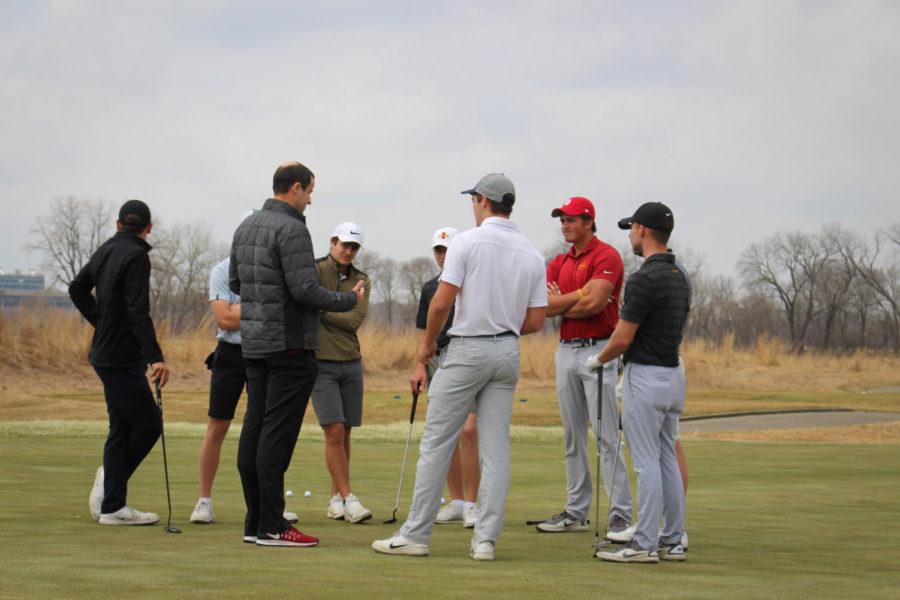More farmers have college educations
March 24, 2004
The number of farmers graduating from college has been increasing during the past 10 years, according to the Department of Agriculture’s Economic Research Service.
In 2001, 20.4 percent of farmers had four-year and graduate degrees, up from 15.2 percent in 1991. The number of farmers with some college education rose from 20.6 percent in 1991 to 24.2 percent in 2001, according to the service.
The reason for the increase in education is the complexity and technological sophistication of farming today, said Peter Korsching, professor of sociology.
“By getting the extra degree or higher education, students will be able to farm and operate and market more efficiently,” Korsching said.
Farming is more knowledge-intensive because of recent advances in equipment, technology and practices, he said.
Precision farming, for example, is a new practice used by farmers using the Global Positioning System, he said. It helps farmers know how much fertilizers or pesticides to apply to their fields, among other things.
Only large farming operations on the forefront of technology are using GPS now, but the technology will probably become more common, Korsching said. As use rises, the price will probably drop, making it accessible to even more farmers.
“Smaller farms will be forced to adopt new technology or give up farming in order to remain competitive,” Korsching said.
Getting a degree is not necessarily a fallback for students, Korsching said.
“Some students are probably coming here and getting a degree in case farming opportunities don’t appear for them,” Korsching said. “But really, farming is just more information intensive than it used to be.”
John Lehan, senior in agriculture studies, said he is getting his degree because farming is becoming more complex and technical.
“You have to change with the times,” Lehan said.
However, a degree is nice to have as a second option, Lehan said. It’s often too costly today to farm without another job.
“The huge farmers can make it without another job on the side,” Lehan said. “I’m using the degree to get another job in case farming doesn’t pan out.”
Mike Duffy, professor of economics, said farming continues to become a more complicated and sophisticated business, and farmers need more education.
Just as a higher education is needed in any other profession, farming is seeing the same thing, Duffy said.
“This subject is very relevant to Iowa State,” he said.
The Beginning Farmer Center indicates there are young people who want to farm, but face many barriers to entry, including the amount of capital involved, the need for farmers to be flexible in production, a broad understanding of the cost structure and the use of computer technology through marketing services.
Having a degree can help students be prepared for the future of farming, Duffy said.
The weak economy has also had an effect on farming today, he said. Agriculture is impacted like the overall economy, but it also moves in its own circle.
One current major issue is land values and rent. Land prices are extremely high right now, making it difficult for young farmers to get started.
Young farmers should look for alternatives to farming to make a living, Duffy said. Having a degree offers more job options to supplement a farming career.
“Once you have an education, no one can take it away,” Duffy said. “Farming used to be, ‘Work hard and you will make it.’ Now it’s, ‘Work smart.'”






